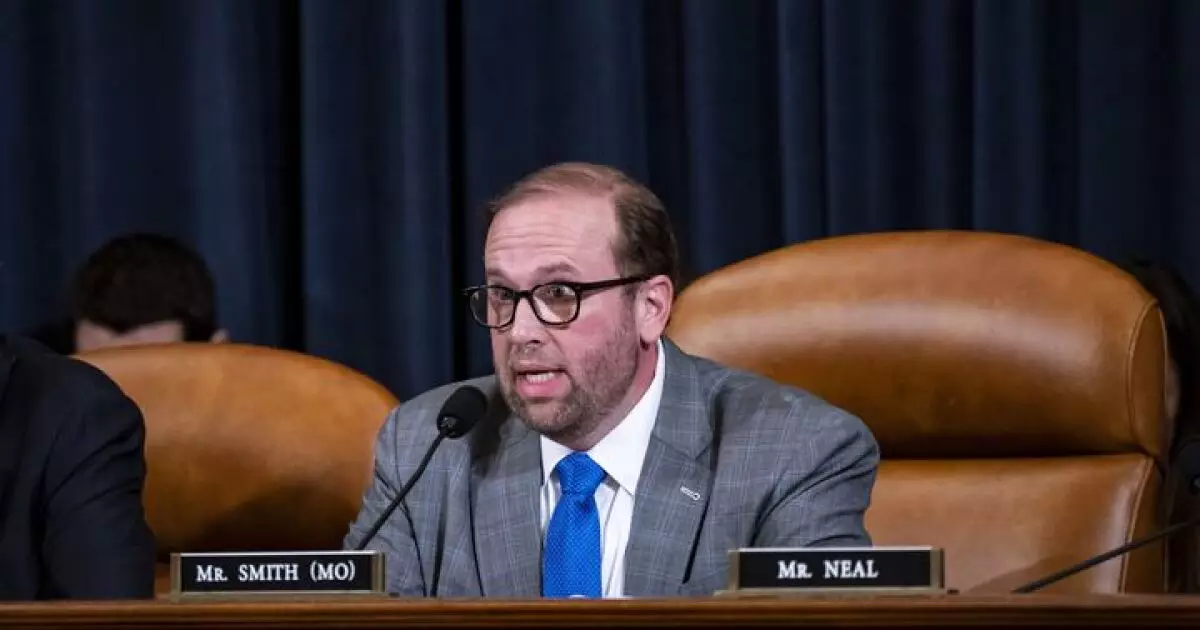In recent political discourse, the legitimacy of tax benefits afforded to nonprofit hospitals has come under scrutiny. At the heart of the debate lies a fundamental question: Do these institutions genuinely fulfill their community obligations, or do their tax exemptions serve as a loophole that benefits wealthy healthcare providers at the expense of taxpayers? Republican lawmakers, especially those leading the charge in oversight committees, argue that the evidence suggests a troubling disparity. Data indicating that over 50% of such hospitals received more in tax breaks than they invested back into their communities paints a picture of fiscal imbalance and ethical misalignment.
Tax-exempt hospitals benefit from substantial financial privileges, including exemption from federal, state, and local taxes, and the ability to issue tax-exempt bonds—advantages that collectively amount to billions of dollars annually. The expectation is that these benefits should translate into meaningful charitable work, like providing charity care or supporting community health initiatives. However, critics contend that most of these institutions are not living up to those expectations. Instead, they are exploiting their status for profit maximization while cloaking themselves in the rhetoric of community service. Such behavior raises moral questions about exemptions that are ostensibly granted to entities serving the public good but which, in practice, seem to fall short.
Accountability and Oversight: Are the Rules Being Enforced?
One core point of contention revolves around regulatory enforcement. The IRS stipulates that tax-exempt hospitals must periodically demonstrate their community benefits, but enforcement appears lax. The fact that no hospital has had its tax-exempt status revoked in over a decade fuels suspicion that regulations are more of a paper tiger than a genuine safeguard. Republican lawmakers argue that this leniency fosters a culture where hospitals can enjoy tax advantages without fulfilling their responsibilities. Calls for more stringent oversight and the standardization of reportings are motivated by a need for transparency and accountability.
On the other hand, critics such as Democratic Representative Suzan DelBene argue that existing oversight mechanisms are sufficient but underfunded. She highlights that the IRS already reviews nonprofit hospitals every three years, but cuts to IRS funding undermine the agency’s capacity to perform these audits effectively. This inconsistency raises questions about whether the real problem is enforcement or simply a lack of genuine political will to hold hospitals accountable. If oversight is weakened intentionally, it becomes more difficult to justify continued tax exemptions, especially when the claimed community benefits are questionable.
The Stark Reality of Fiscal Disparities and Market Impact
Beyond debates over regulation and moral obligations, the figures reveal a broader concern about economic justice and healthcare equity. The financial benefits of tax exemption, estimated at around $37 billion annually, far surpass the dollar value of community benefits provided. This discrepancy suggests that the current system disproportionately favors large hospitals and health systems that are often concentrated in affluent areas. Rural hospitals, which serve as lifelines for underserved populations, are particularly vulnerable. Many are struggling or shutting down, raising fears of a widening healthcare gap.
Legislators have responded by establishing funds aimed at bolstering rural health services, but skepticism persists. It is questionable whether these measures are enough to address the underlying structural imbalance. The fact that healthcare infrastructure is increasingly financed via municipal bonds and public funding underscores the enormous financial influence these institutions wield.
The divergence in reported community benefit figures from the American Hospital Association versus independent researchers further complicates the debate. While the AHA reports an increase in community benefits, critics argue that these figures are inflated or lack transparency. The real issue is not just about providing enough charity care but ensuring that the vast public subsidies are used effectively to improve health outcomes, especially for marginalized populations.
The Political and Ethical Dilemma
The controversy over tax-exempt hospitals epitomizes the ongoing tension between economic efficiency and social responsibility within the healthcare system. While these institutions provide essential services, especially in underserved regions, their tax privileges seem increasingly difficult to justify. The apparent disconnect between the enormous tax exemptions and the comparatively modest community benefits calls for a re-evaluation of the entire policy framework.
Indeed, the debate underscores a larger ideological divide about the role of private entities in public healthcare. From a center-right perspective, the emphasis should be on ensuring that institutions operate transparently and fulfill their moral and social commitments. Rather than simply choking off funding or punishing hospitals through elimination of their tax status, policymakers should consider reforms that tie tax privileges more directly to measurable community outcomes. This would foster a healthcare landscape where profit motives align with genuine service, and taxpayer dollars are used efficiently and ethically.
Ultimately, the conversation is less about punishing hospitals and more about recalibrating the system so that public support benefits the many—not just the privileged few who control significant healthcare assets. Balancing fiscal responsibility with moral accountability remains the core challenge, and if lawmakers cannot enforce existing regulations effectively, the patient populations most in need will continue to suffer the consequences of a skewed system.

